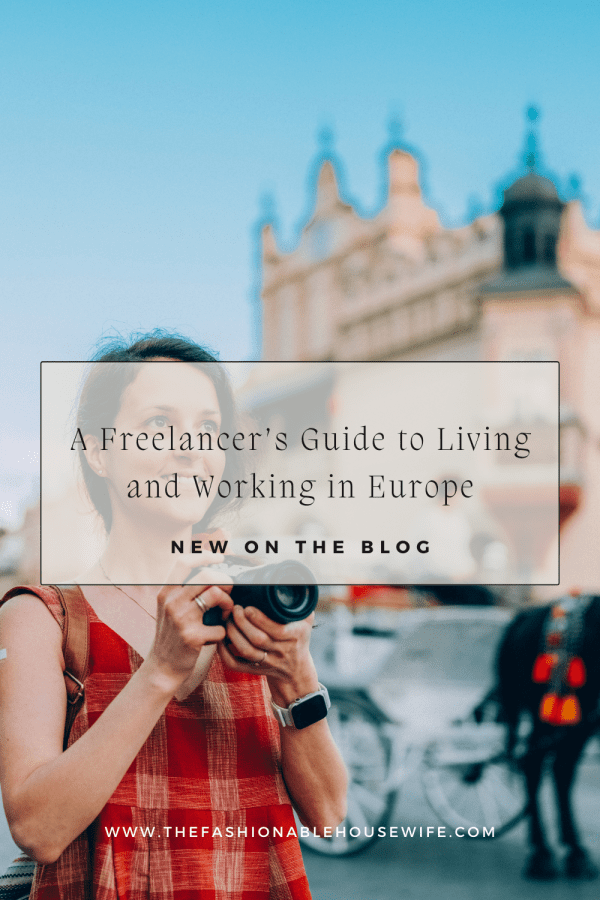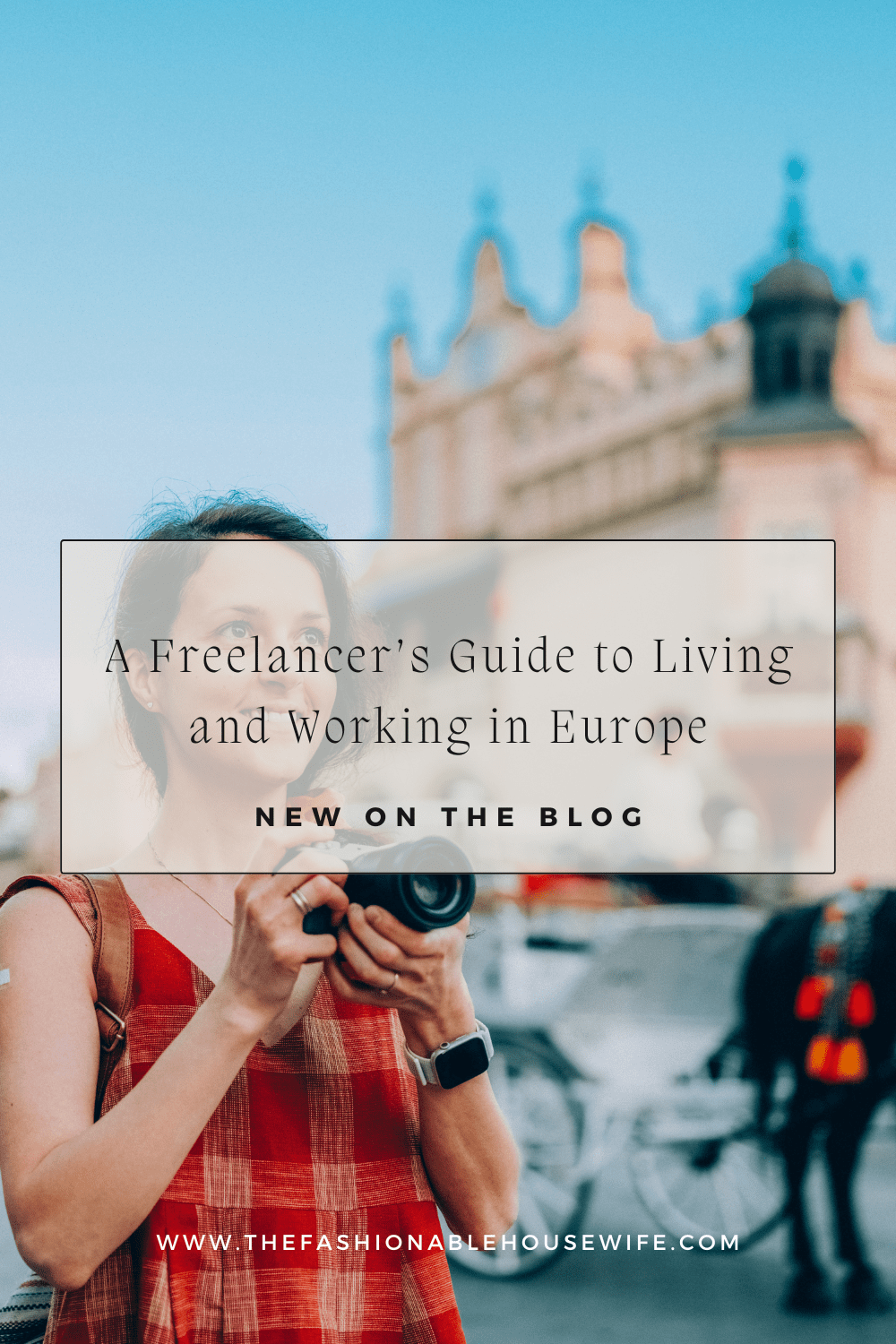A Freelancer’s Guide to Living and Working in Europe

The freelancer’s life is one of freedom, flexibility, and the unique luxury of defining a life of your own creation. For too many, this paradise leads them to Europe, where technology and ancient structures peacefully coexist, and where art and culture thrive. Creating a career and home base on a foreign continent may appear daunting at first glance, but with the right attitude and several practical moves, it can truly be an adventure and not a terrifying step.
Choosing the Right Location
The first major decision is where to live. Europe offers a diverse range of locations to live, each with its own character and benefits for freelancers. From the vibrant streets of Barcelona to the bohemian cafes of Paris, there truly is a location for everyone and every profession. Seaside villages can be best for those who desire sea air and sunshine, or those that need exposure to beaches and ocean views. Restful villages in wine country can be ideal for those who need to work quietly.
The cost of living is also an issue. Smaller towns and rural areas have lower rents and a more relaxed lifestyle. For instance, renting an apartment in Mikulov can be a mix of being full of character and being functional, providing freelancers with access to the Czech Republic’s beautiful scenery and keeping costs at an acceptable rate.
Creating a Productive Habits
While the environment may shift, the secret to successful foreign freelancing doesn’t: routine. Having a routine guarantees that work does not fall through the cracks during waves of travel urges. Begin by creating a routine of regular working hours and adhering to it. Most freelancers attest to working in the mornings and leaving afternoons for discovery.
Simple habits keep things in balance:
- Arrange a special working area, even in small flats.
- Establish break time lengths in a way that you won’t be distracted.
- Establish daily priorities through to-do lists or productivity programs.
Routine stability assists in maintaining long-term productivity as well as the pleasure of European living.
Manage Connectivity and Tools
Internet speed is most often the deciding factor in selecting a city or town. There are quite enough co-working facilities in Europe, with stable Wi-Fi and the chance to network with other freelancers. Public libraries and cafes also provide decent environments for remote working, though varying in quality.
Besides connectivity basics, it’s also prudent to use cloud storage solutions, project management software, and messaging apps to ensure project continuity across time zones. For creative professionals, collaboration with a web design agency or other European digital collaborators can generate new projects and establish networks in new directions.
Balancing Work and Exploration
European life is not all work. It’s also about soaking up culture, enjoying local fare, and experiencing traditions. It’s a balancing act to accomplish all these and business responsibilities. Too much relaxation comes with the risk of deadlines hanging over one’s head, and too much focus on work robs one of the experience.
Try to bring discovery into everyday life:
- Schedule a daily stroll to discover neighborhood streets or bazaars.
- Spend your weekends visiting cultural sites, vineyards, or museums.
- Plan longer trips during holidays to visit neighboring countries.
This balance not only improves the personal experience but also encourages creativity, which results in more inspiring and dynamic work output.
Financial Considerations for Freelancers
Money management becomes complicated when the income comes from various clients and currencies. Maintaining an account in Europe makes the payment easier, reduces conversion fees, and simplifies day-to-day life. Freelancers must also keep track of spending carefully, especially when traveling from country to country since the prices may be significantly different.
Budgeting is simpler when wants are not more important than needs. Essential needs like shelter, electricity, and food must be weighed against luxuries like eating out or weekend vacations. With planning, the freelance budget can go a long way, disproportionately so in areas of lower cost of living.
Constructing a Support System
Loneliness may catch up with you when you work remotely in a distant country. Overcoming loneliness is simply about making connections, social and professional. Co-working offices, local meetups, and language learning are great ways to find other like-minded people. Expats and social media are also good sources of connecting with friendly communities willing to share advice and friendship.
Close relationships enrich life overseas and open up possibilities for collaboration and individual development. Having a strong network also gives reassurance when getting to grips with unfamiliar systems like the healthcare system, local laws, or even the best places to work from.
Freelancing Jobs = Freedom
Europe offers a wonderful canvas for freelancers to paint their lives with experience, culture, and adventure. With work-life balance, planning, and a willingness to embrace new cultures, working and living beyond borders becomes a fulfilling experience of personal and professional growth.

